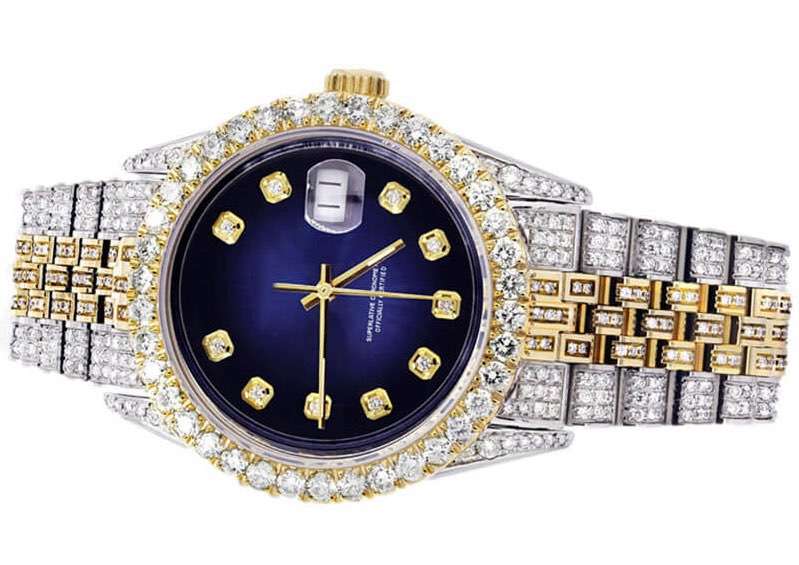


Luxury mechanical watches are relatively common in life. People with high incomes usually wear a luxury mechanical watch for themselves to show their status. Luxury mechanical watch movements are expensive mainly for the following reasons:
1. Precision engineering: Mechanical movement is very complex and requires precision engineering to operate accurately. The small, complex components and gears within a movement must be manufactured to very tight tolerances, which can be labor-intensive and require a high level of skill and craftsmanship.
2. Manual assembly: Luxury watch movements are usually assembled by hand by skilled watchmakers. This physical labor increases the cost of the movement as it requires a high level of expertise and attention to detail.
3. High-quality materials: Luxury mechanical watch movements are usually made of high-quality materials, such as stainless steel, gold, or even more expensive metals (such as platinum). These materials not only increase the durability of the movement but also increase its cost.

4. Gemstones and gem inlays: Some luxury watches add gemstones such as diamonds or sapphires to the movement, thus increasing the cost. The stones are carefully selected, cut, and set by skilled craftsmen.
5. Complications: Many luxury mechanical watches are equipped with complications, such as tourbillons, perpetual calendars, moon phase displays, or minute repeaters. Developing and manufacturing these complex mechanisms requires advanced engineering skills and adds to the overall cost of the movement.
6. Exquisite modification: The movements of luxury watches often undergo meticulous modification processes. These include techniques such as polishing, chamfering, Geneva stripes, and perlage, which enhance the beauty of the movement and require skilled workers.
7. Research and Development: Luxury watch brands invest heavily in research and development to create innovative movement designs, which can take years to develop and perfect. These R&D costs are built into the price of the final product.
8. Limited production: Some luxury watch movements are produced in limited quantities or as part of an exclusive series. Limited supply can drive up prices as collectors and enthusiasts seek to own unique or rare pieces.
9. Quality control: Luxury watchmakers have strict quality control standards to ensure that each movement meets their strict requirements. This involves extensive testing and quality assurance processes, which increases costs.
10. Brand prestige: Well-known luxury watch brands with a long history of producing high-quality timepieces tend to sell at higher prices due to their reputation and prestige. Buyers are willing to pay a premium for the brand’s heritage and craftsmanship.
11. Skilled labor costs: The watchmaking industry requires highly skilled labor and many luxury watchmakers are located in areas with higher labor costs, which may affect the price of the final product.
12. Marketing and Branding: Luxury watch brands invest heavily in marketing and advertising to promote their products. These costs are factored into the final price of the watch.
The high price of luxury mechanical watch movements is caused by a variety of factors, including precision engineering, hand craftsmanship, quality materials, complex complications, research and development costs, limited production, quality control, brand reputation, labor costs, and marketing expenses. These factors combine to result in high price points for luxury mechanical watches, making them desirable to collectors and enthusiasts who appreciate the artistry and craftsmanship that goes into their creations.

2F, Building A, Shimei Industrial Park, Dalang Town, Longhua District, Shenzhen, China